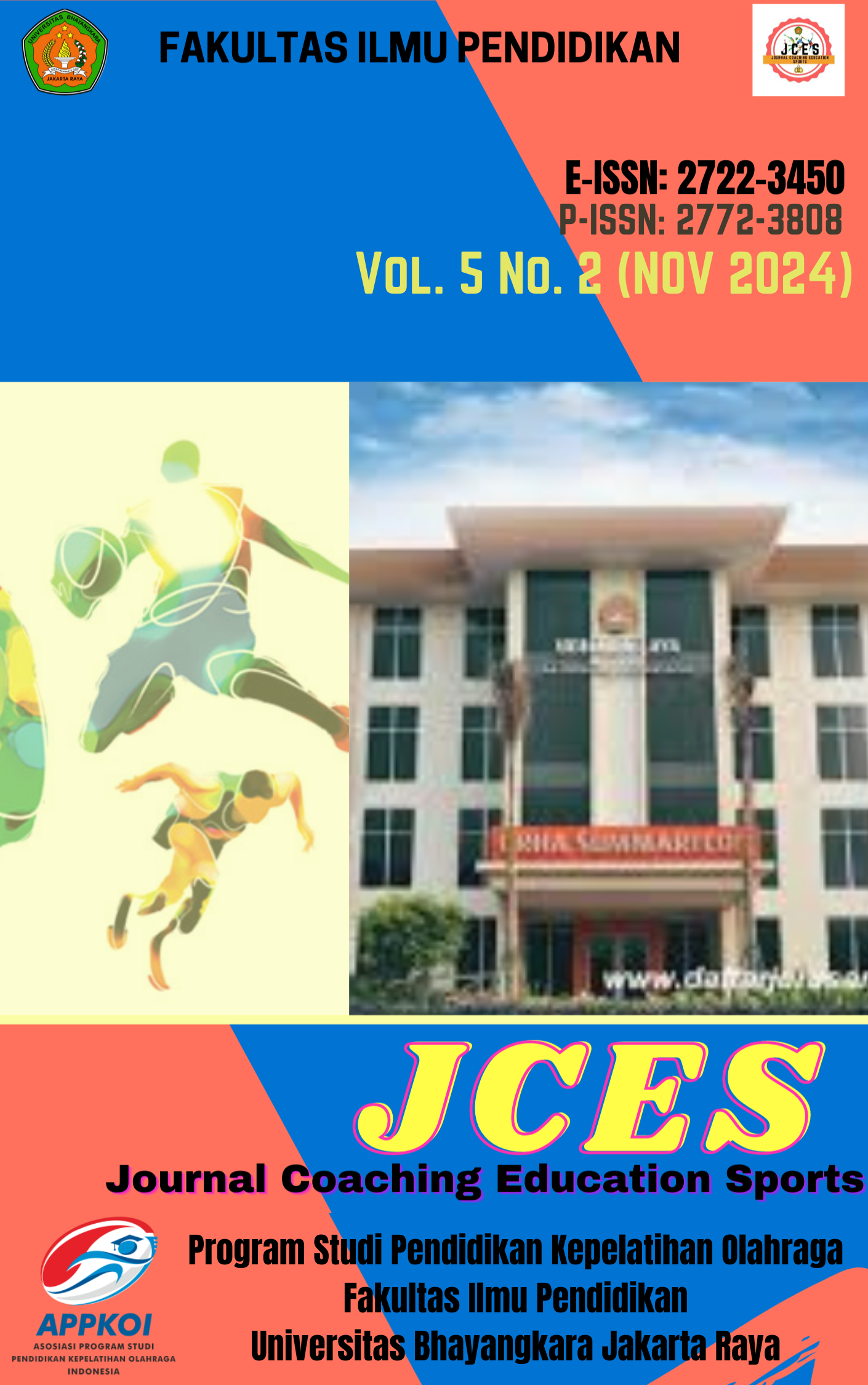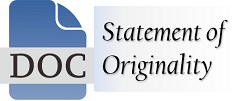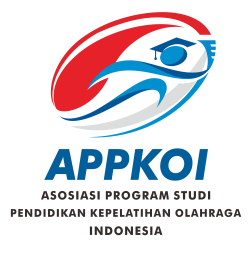Improving The Quality Of Education In The 5.0 Era: Quality Control And Quality Improvement Approaches
DOI:
https://doi.org/10.31599/yfrrmx65Keywords:
quality of education, quality control, quality improvement, educational technologyAbstract
Education in the 5.0 era faces significant challenges in maintaining quality and relevance alongside the development of smart technology and the demand for 21st-century skills. This article analyzes the role of Quality Control (QC) and Quality Improvement (QI) in enhancing education quality through a literature review. The analysis reveals that QC and QI play crucial roles in maintaining quality standards and driving continuous improvement. QC ensures consistent quality monitoring, while QI enables adaptation through technological innovations, such as data analytics and artificial intelligence. The integration of technology into QC and QI provides notable benefits, including real-time monitoring of student performance and personalized learning to improve educational outcomes. However, this implementation faces challenges, including limited infrastructure, low digital literacy among educators, and resistance to change. The synergy between technology and human skills is identified as a key factor in creating an effective and meaningful education process. The article recommends investing in technological infrastructure and educator training, along with policies supporting QC and QI implementation in educational institutions. Further research is necessary to develop more adaptive QC and QI models for various educational contexts and explore the impact of technology-based QC and QI on students' 21st-century skills. These findings aim to provide insights into sustainable strategies for improving education quality in the 5.0 era.
Downloads
References
Alavi, M., & Leidner, D. E. (2001). Review: Knowledge management and knowledge management systems: Conceptual foundations and research issues. MIS Quarterly, 25(1), 107-136.
Crosby, P.B. (1979). Quality is Free: The Art of Making Quality Certain. New York: McGraw-Hill.
Deming, W.E. (1986). Out of the Crisis. Cambridge, MA: MIT Press.
Fullan, M. (2007). The New Meaning of Educational Change. New York: Teachers College Press.
Godino, J.D., Lasa, J.F., & Martinez, M. (2020). Machine learning in quality control and improvement in education. Journal of Educational Technology, 48(3), 209-221
Gunawan, S., & Syahril, M. (2023). "School-Based Education Quality Management: Case Study in Junior High School". National Journal of Education Management, 12(1), 77-89. '
Hargreaves, A., & Shirley, D. (2009). The Fourth Way: The Inspiring Future for Educational Change. Thousand Oaks, CA: Corwin Press.
Imai, M. (1986). Kaizen: The Key to Japan's Competitive Success. New York: McGraw-Hill.
Juran, J. M. (1998). Juran's Quality Handbook. New York: McGraw-Hill.
LeMahieu, P. G., Grunow, A., Baker, L., Nordstrum, L., & Gomez, L. M. (2017). Networked improvement communities: The discipline of improvement science in education. Quality Assurance in Education, 25(1), 5-25.
Sallis, E. (2002). Total Quality Management in Education. London: Kogan Page
Schmoker, M. (2005). Results Now: How We Can Achieve Unprecedented Improvements in Teaching and Learning. Alexandria, VA: Association for Supervision and Curriculum Development
Schwab, K. (2017). The Fourth Industrial Revolution. New York: Crown Business.
Snyder, H. (2019). Literature review as a research methodology: An overview and guidelines. Journal of Business Research, 104, 333-339
Sukmadinata, NS (2022). Foundations and Process of Education. Bandung: Rosdakarya.
Tribus, M. (1992). Total Quality Management in Education. The Journal for Quality and Participation, 15(1), 44-51
Xu, M., David, J.M., & Kim, S.H. (2018). The Fourth Industrial Revolution: Opportunities and challenges. International Journal of Financial Research, 9(2), 90-95.
Zhu, X., & He, J. (2020). Digital transformation in education: New trends and challenges. Educational Technology Research and Development, 68(2), 101-108.
Downloads
Published
Issue
Section
License
Copyright (c) 2024 Rahayu Susanti, Indira Krisanti Lengkong, R. Madhakomala

This work is licensed under a Creative Commons Attribution 4.0 International License.






.png)







